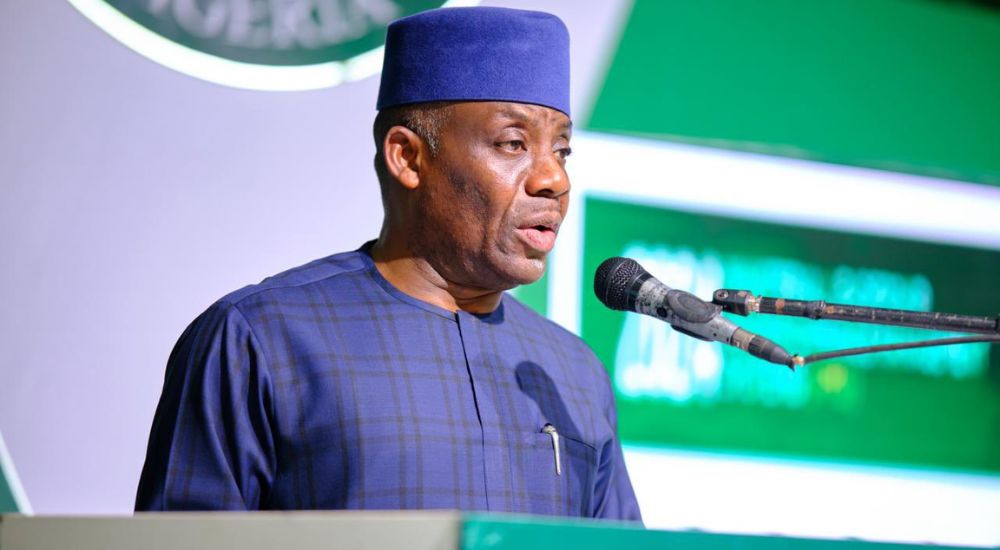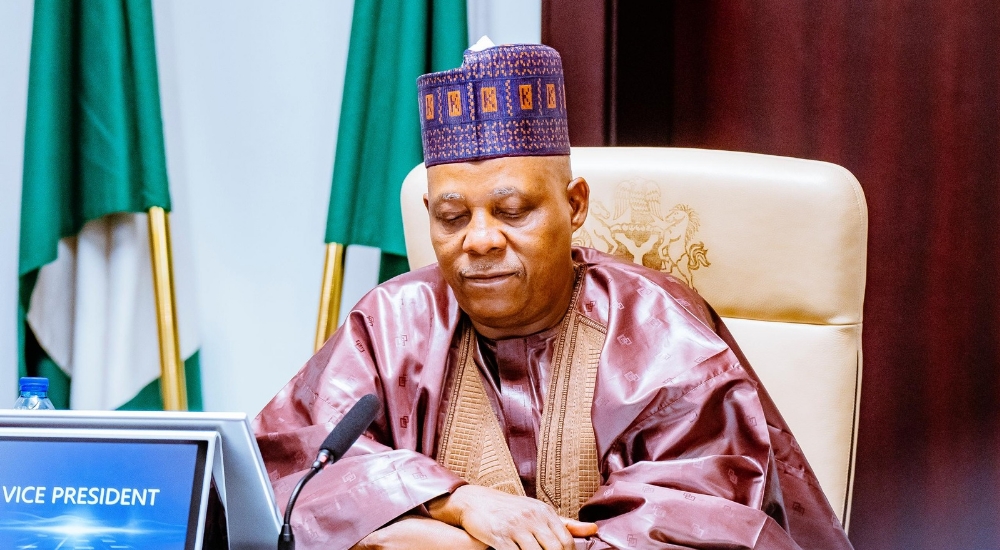FEC Approves Revised Urban Development Policy

The Federal Executive Council (FEC) has approved a revised National Urban Development Policy (NUDP), setting Nigeria on a transformative path for city planning and governance over the next decade.
The updated policy, crafted by the Federal Ministry of Housing and Urban Development in collaboration with UN-Habitat and other stakeholders, replaces the 2012 version.
It reflects Nigeria’s rising urban challenges and aligns with global commitments, including the SDGs, the Paris Agreement, the New Urban Agenda, and the AU’s Agenda 2063.
With urban populations projected to exceed 70 per cent by 2050, the NUDP introduces a proactive “business unusual” strategy.
The policy provides a transformative framework to guide urban planning, development, and governance across Nigeria over the next decade.
The policy aligns closely with President Bola Ahmed Tinubu’s Renewed Hope Agenda and Nigeria’s obligations under the Sustainable Development Goals (SDGs), the New Urban Agenda, the Paris Agreement on Climate Change, and the Africa Union Agenda 2063.
A statement from the Director of Press and Public Relations, Federal Ministry of Housing and Urban Development, Badamasi S. Haiba, on Tuesday, said the newly approved policy, effective urban development, requires strong institutions, strategic leadership, and citizen participation.
“A major focus of the policy is the strengthening of urban governance. It advocates for the creation of metropolitan commissions and regional planning bodies to manage Nigeria’s fast-growing urban regions and conurbations that cut across administrative boundaries.
“This includes enabling a more coherent system of cities, improved intergovernmental coordination, and decentralised urban management structures.
“In terms of social inclusion, the policy embeds a pro-poor, pro-vulnerable urban design philosophy. It calls for planning and development that prioritises women, youth, persons with disabilities, and the informal sector.
“By improving access to housing, infrastructure, public spaces, and basic services, the NUDP aims to create cities where all residents can live with dignity and opportunity.
“Climate change is another critical pillar of the new policy. Nigeria faces escalating climate risks, including flooding, drought, desertification, and extreme weather events.
“In response, the NUDP mainstreams climate resilience into urban planning. It promotes green infrastructure, nature-based solutions, renewable energy adoption, and spatial strategies like compact, walkable neighbourhoods – commonly known as the “15-minute city” model – to build cities that are not just liveable but also sustainable.
“The approval of the National Urban Development Policy (NUDP) marks a significant milestone and a major achievement for the ministry.
“In addition to this success, the ministry is actively advancing several other key initiatives, including the National Physical Planning Standards, which is currently undergoing extensive stakeholder engagement at various levels.
“Another important initiative, the National Policy on Rural Settlements Planning and Development, seeks to address the challenges of rapid urbanisation by identifying development gaps in rural areas and providing targeted solutions,” the statement stated.
Speaking on the significance of the policy approval, the Minister of Housing and Urban Development, Architect Ahmed Musa Dangiwa, stated, “The NUDP is a critical milestone in Nigeria’s urban journey. It provides us with a clear roadmap to plan and build cities that are productive, liveable, inclusive, and climate-resilient.
“With this policy, we are better positioned to harness the full potential of our urban spaces to drive national development and uplift the quality of life for all Nigerians.”
To this end, he said the ministry will immediately begin nationwide sensitisation and capacity-building engagements to support the effective rollout of the policy.
FEC Approves Revised Urban Development Policy is first published on The Whistler Newspaper





